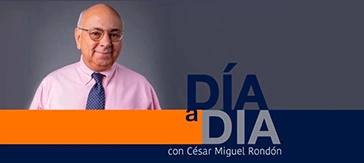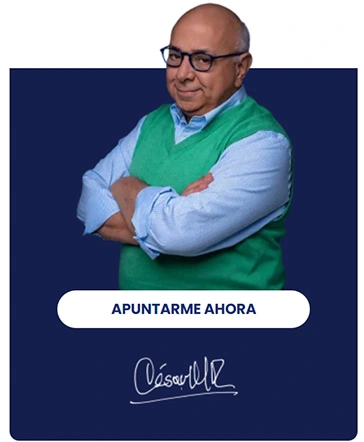Only a great-power bargain can solve Venezuela’s crisis
Russia and China are the keys to unlocking Maduro’s authoritarian regime
More than one in five of the population has fled, triggering an international humanitarian emergency, and economic output has collapsed by more than three-quarters in six years. Once-wealthy Venezuela’s plight is desperate, yet neither the revolutionary socialist regime of Nicolás Maduro nor its main adversaries in the west have come anywhere near finding a formula to restore democracy and prosperity.
Recent regional elections crystallise the problem. The EU pressured Venezuela’s battered opposition to take part, despite the obvious lack of a level playing field, as part of a wider strategy to engage the Maduro regime in negotiations. It aimed to nudge the leadership towards a fairer framework for the next presidential election, due in 2024.
That plan took a blow when the Maduro regime scooped up 19 of the 23 state governorships in the vote and arranged for a government-controlled court to cancel one of the tiny number of opposition wins, former president Hugo Chávez’s home state of Barinas.
The Caracas government had walked out of the internationally sponsored political talks before last month’s regional elections. After the vote Maduro denounced members of the EU’s election monitoring mission as “spies” and refused to extend their visas, forcing them to leave. The US has not done much better. The Trump-era policy of “maximum pressure” on Maduro via crippling sanctions failed to dislodge the Venezuelan leader and his cronies. The Biden administration has yet to articulate an alternative.
Washington’s (and London’s) policy of recognising opposition leader Juan Guaidó as interim president of Venezuela because he led an opposition-dominated congress elected in 2015 looks unsustainable. That parliament was replaced last year by a Maduro-controlled body and Guaidó’s own coalition is crumbling, as evidenced by this month’s noisy exit of his “foreign minister” Julio Borges.
For all Guaidó’s bravery and determination, his “interim administration” has made costly mistakes. Among the worst were launching an ill-planned popular uprising in April 2019 (it quickly fizzled) and flirting with an idea to pay US mercenaries to topple Maduro (Guaidó denied involvement but the association of two of his aides with the plan handed Caracas a propaganda victory).
The only valid reason for continuing to recognise Guaidó and his team is to prevent valuable Venezuelan assets in the US and the UK from falling into the hands of the Maduro regime. While a noble aim, this does not amount to a coherent policy for the future. Worries are mounting among Latin American diplomats that Venezuela has fallen off the Biden administration’s priority list.
What is to be done? Easing the sanctions on Venezuela now would reward the regime’s bad behaviour and send a message of weakness. Dropping Guaidó completely could hand the Maduro regime an early Christmas present worth several billion dollars.
Fattened by ill-gotten gains from drug trafficking and gold smuggling, the authoritarian regime in Caracas is highly unlikely to engage in serious political negotiations with the opposition without external pressure.
The only realistic option is for the US and the EU to negotiate a political solution for Venezuela. Not with the regime but with its backers: Russia, China, Iran and Turkey. This would be challenging, given broader tensions in the world. But it would recognise the reality that Venezuela has ceased to be a Latin American regional issue and now forms part of a broader global calculus. Without a great-power bargain, Venezuela’s suffering will only increase.














